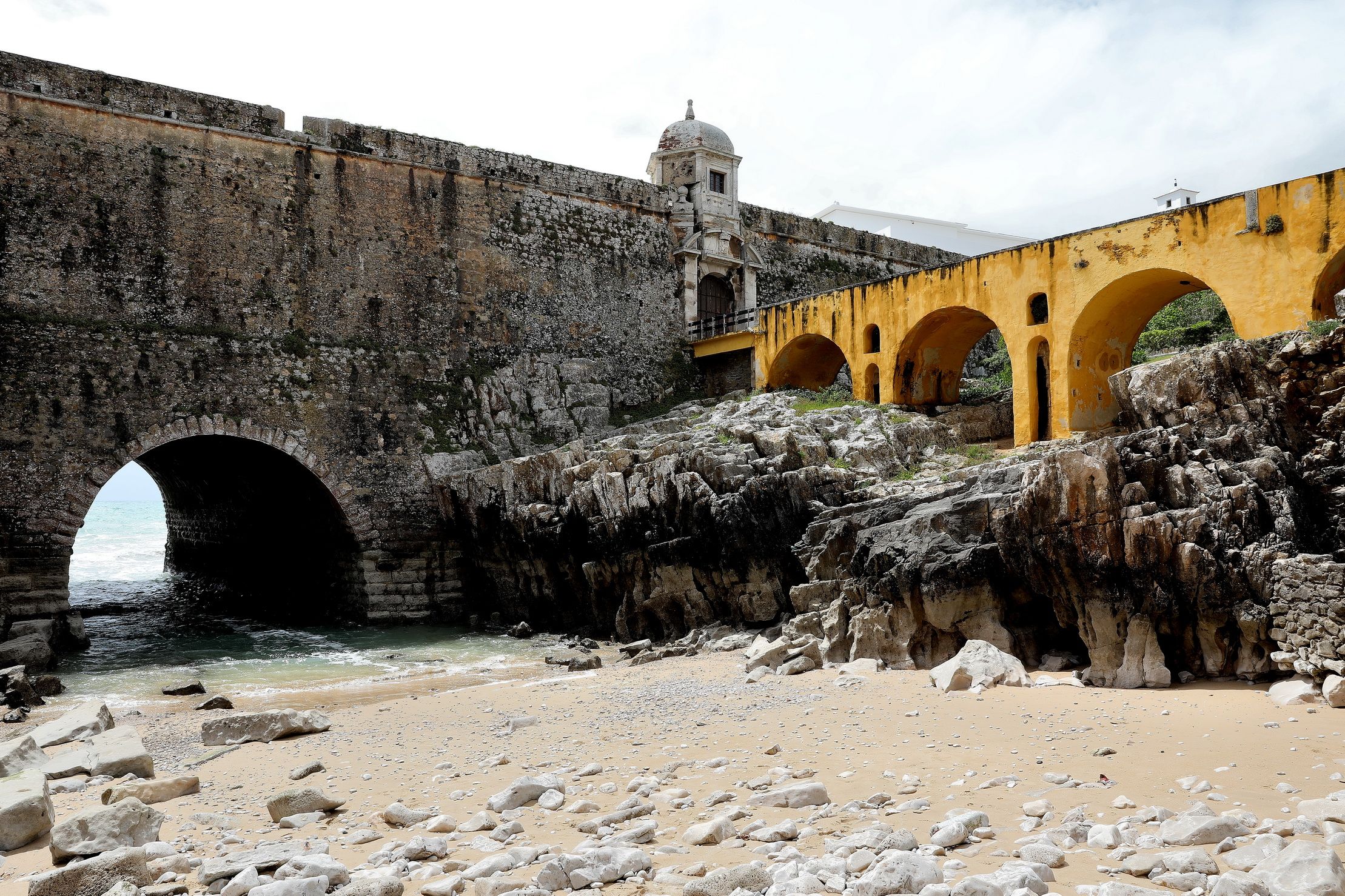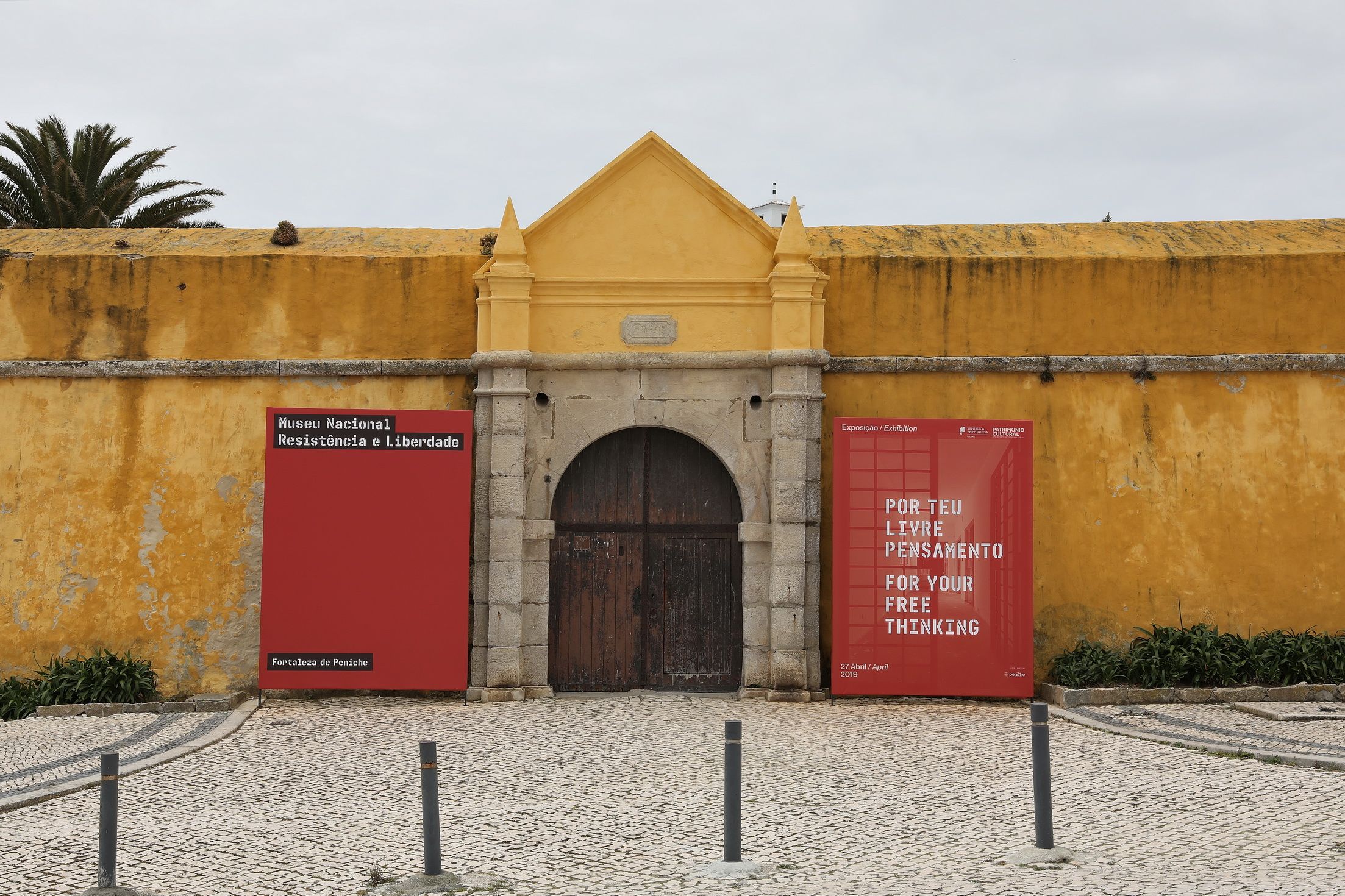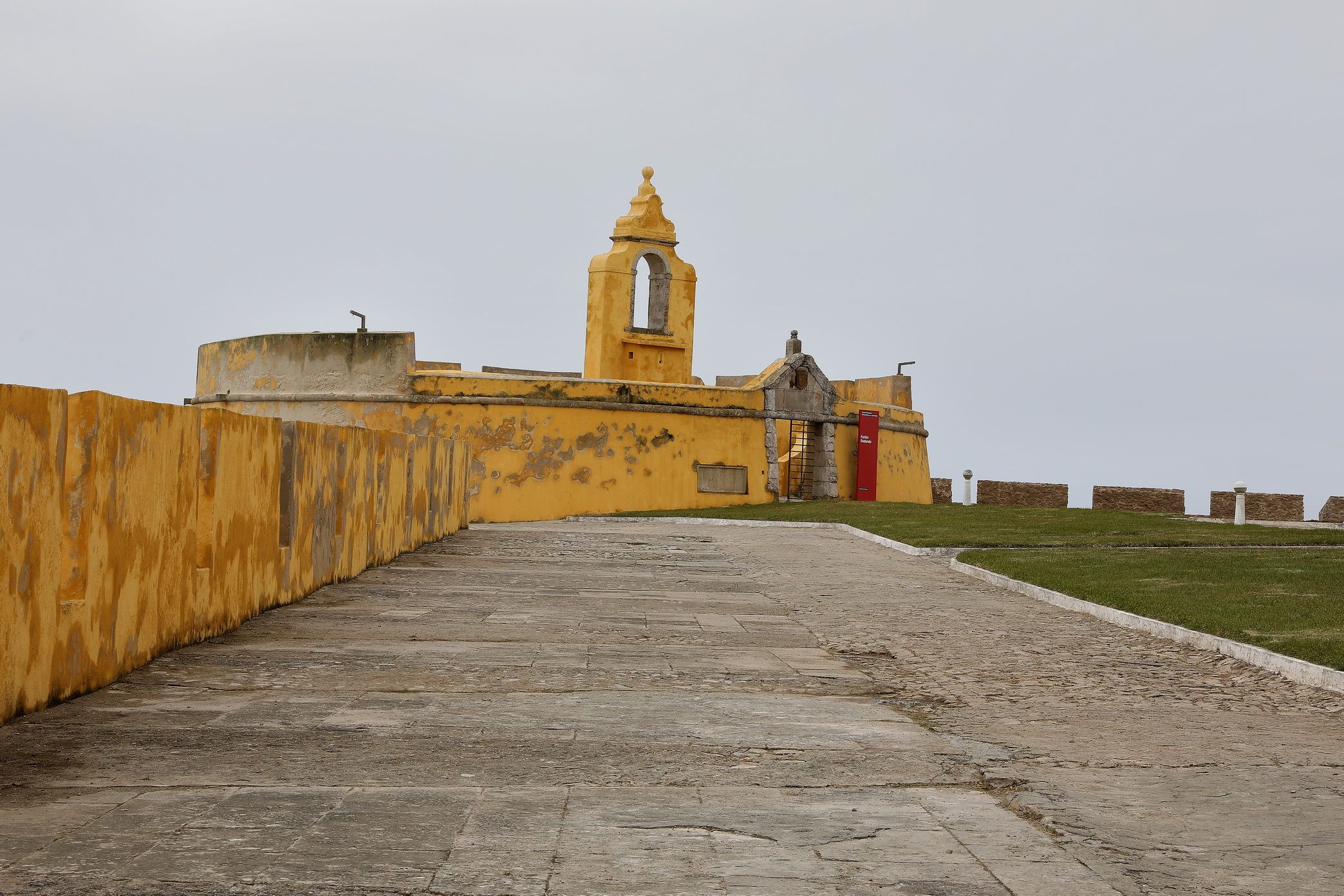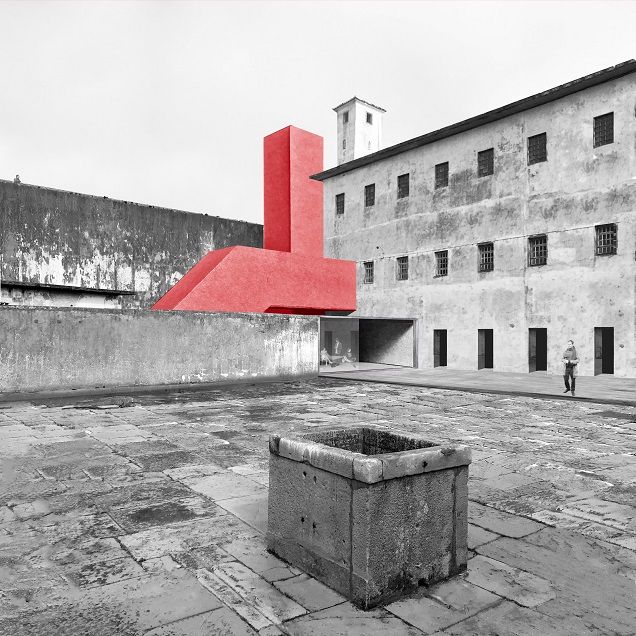Since April 27, 1974, when the political prisoners were released, the Fortress of Peniche has been a symbol of resistance and the fight for freedom. Hence the decision to preserve the integrity of this historical, military and prison building by starting a museum project here.
The Council of Ministers, held in the Fortress of Peniche on May 6, 2017, by the 21st Constitutional Government, decided on the creation of a National Museum in this location to preserve the memory of 48 years of suppression of freedom in Portugal and perpetuate an essential reflection for the construction of the future.
On February 7, 2018, the public architectural tender was launched and the final decision fell on the project by Atelier AR4, coordinated by João Barros Matos. The architectural project is based on the preservation and enhancement of existing spaces and buildings, taking into account their importance as both a testimony and for the preservation of memory. The old prison was organized into separate and independent sections, each consisting of cell blocks and a courtyard. The adaptation of the building set to host a museum includes the reorganisation and establishment of pathways linking the buildings and the courtyards of the central building and the surrounding platforms. Among these, the museum pathway stands out as it crosses the buildings and courtyards of the former political prison and the pathway to visit the elements of the 16th-century fortress, a display of military architecture of the whole set of buildings.
On April 25, 2019, the Fortress of Peniche – classified National Monument since 1938 – hosted the exhibition Por Teu Livre Pensamento and the inauguration of the Memorial to Political Prisoners. In the exhibition, striking moments of contemporary history were revisted through documents, photographs and objects that will be part of the collection of the future Museum. The Memorial, a large piece in Corten steel, contains the names of the approximately 3,000 political prisoners who were incarcerated in the Peniche Jail.
With a multidisciplinary scope, the creation of the National Museum of Resistance and Freedom will position Portugal in the international itinerary of the so-called Museums of Memory, recalling the struggles fought in the name of freedom and human rights.



